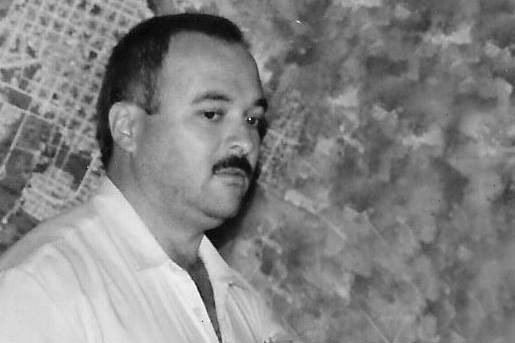In a historic verdict, the Inter-American Court of Human Rights held the Colombian state responsible for the 1998 death of journalist Nelson Carvajal. To better understand this groundbreaking ruling we spoke with lawyer Edison Lanza, Special Rapporteur for Freedom of Expression of the Inter-American Commission on Human Rights (IACHR), affiliated with the Organization of American States (OAS).
In a historic verdict, the Inter-American Court of Human Rights held the Colombian state responsible for the 1998 death of journalist Nelson Carvajal. The sentence deems that Colombia did not abide by its duty to guarantee Carvajal’s freedom of expression, and failed to protect his right to life. Condemning both of these factors in court – in the context of crimes against journalists – is unprecedented.
To better understand this groundbreaking ruling – and assess its regional impact – we spoke with lawyer Edison Lanza, Special Rapporteur for Freedom of Expression of the Inter-American Commission on Human Rights (IACHR), affiliated with the Organization of American States (OAS).
What do you think of the Inter-American Court’s verdict on the murder of Colombian journalist Nelson Carvajal?
In my opinion, the verdict represents a very significant advancement in the fight against impunity for crimes against journalists. Why? Because an international court has condemned a state for failure to investigate the murder of a journalist, making the link between lasting impunity – in this case, over 20 years without finding the mastermind or perpetrators of the crime – with the right to life. This is not only the duty to protect life, but also to investigate a murder of this nature.
The state was also condemned for violating the right to freedom of expression. This is also very important. Up until now – for the most part – the court could perceive the state as not having violated this right, if it was unknown whether the mastermind was a private or state actor. In this instance, this information is still unknown. However, the state was held responsible, because the court determined that the murder of Carvajal was an attempt to silence him, and his reports on corruption between a mayor and a businessman. Given this context, the court ruled that there was a freedom of expression violation, as per Article 13.
The court thus established that Carvajal was silenced as a result of these matters. These two factors make this a highly significant verdict. It is the first time that the court arrives at such an interpretation.
What impact will this ruling have on future cases?
What’s interesting is that this now sets a specific precedent. It’s an important advancement.
It should be noted: this sentence demonstrates the consequences of failing to properly investigate crimes against journalists – and the failure to identify and sanction the masterminds of the crime in a timely manner.
It is also important to note that the state is responsible for the fact that family members and witnesses had to go into exile after being threatened during the investigation, and as they were calling for justice.
Thanks to this, governments will have to be more aware of the fact that they’re violating fundamental rights if they do not investigate crimes against journalists in a resolute and timely manner. States will be more attune to the consequences of not protecting witnesses and family members, or for not imposing appropriate sanctions.
It became clear that the aforementioned factors constitute violations to the right to life and freedom of expression. I think this is why we must honour this verdict.
Do you think anything was missing from the Court’s verdict?
Even though we must pay tribute to this verdict, at the Rapporteur’s office, we believe there were irregularities that the court was not able to address in the course of the investigation. For example, a key witness was murdered, there were threats to legal representatives, and we believe that the government did not adequately protect these people.
We believe these elements played a role in thwarting the investigation. While the court did not take this into account, it’s still a promising verdict – especially given the sobering number of unsolved journalists’ murders.
We hope that this verdict paves the way for more – and better investigations – and that due diligence is conducted in each and every case.



